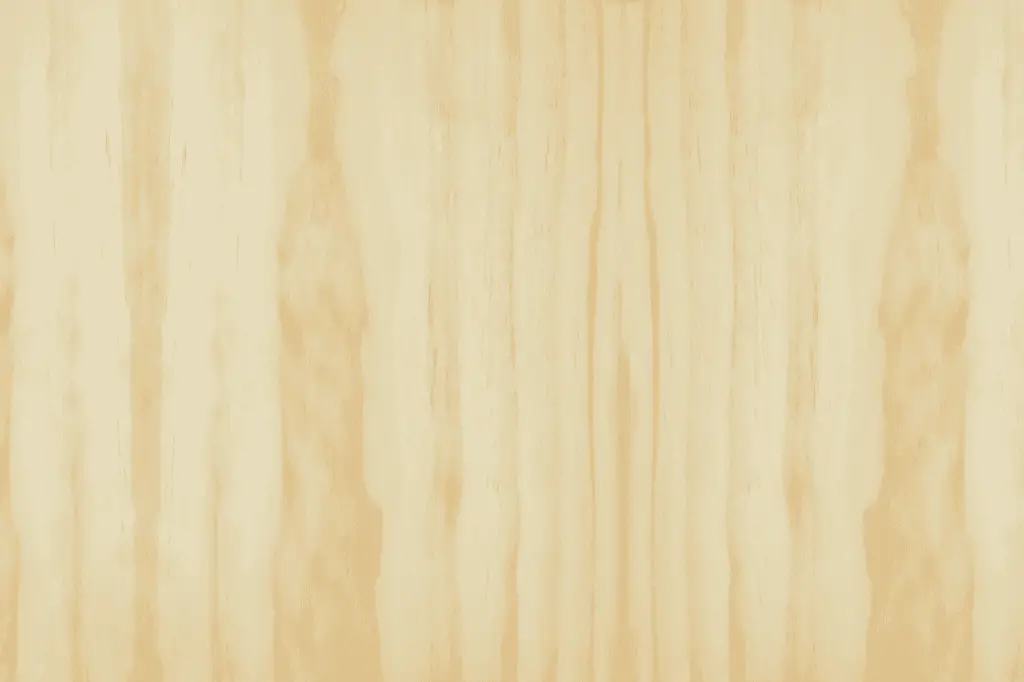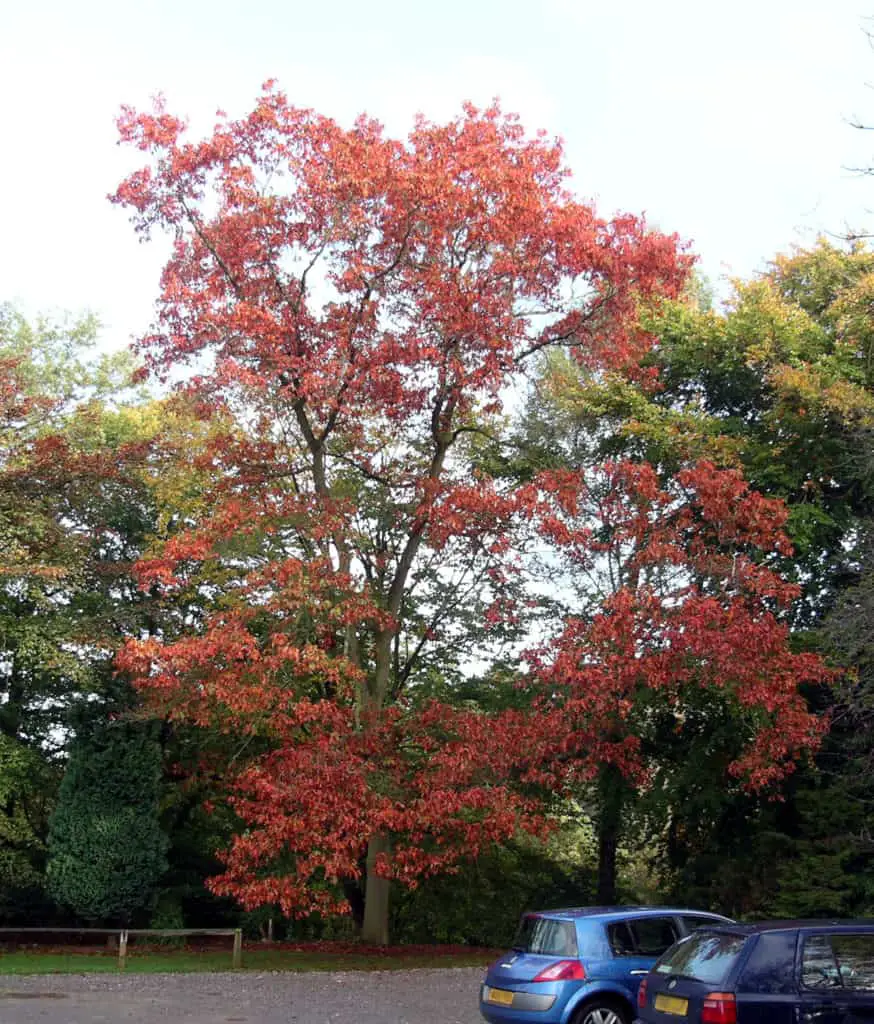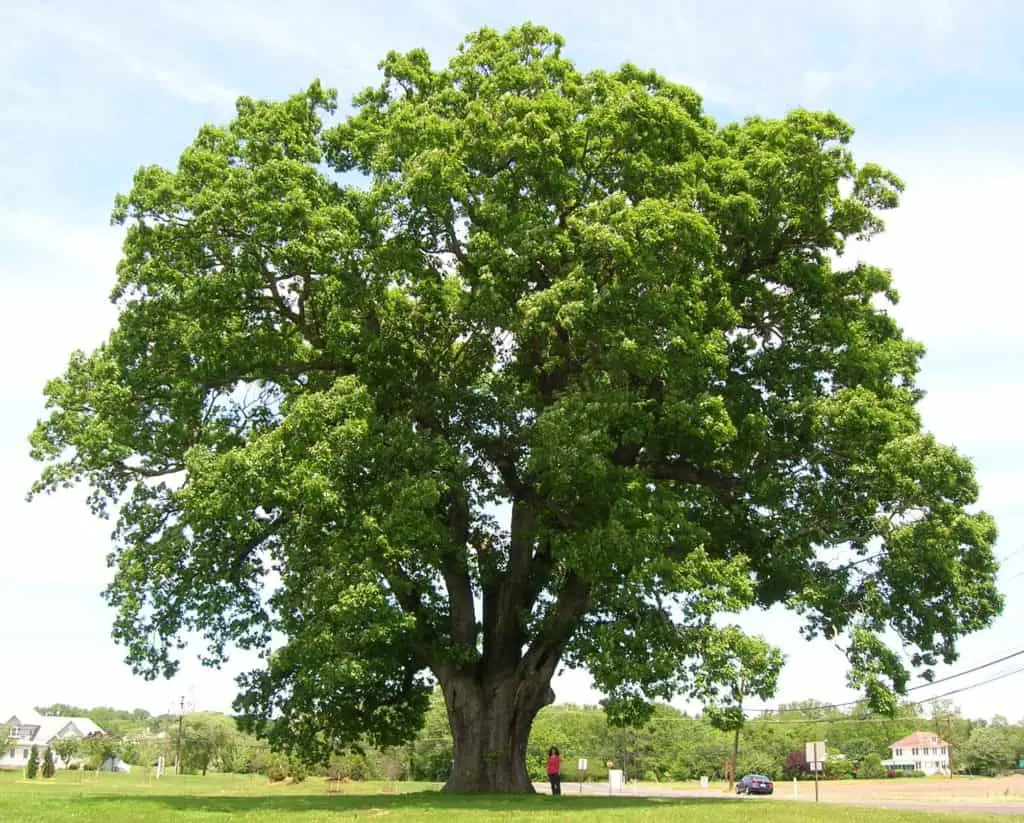Radiata Pine, also known as Monterey Pine or Insignis Pine, is a species of pine tree native to central and southern coastal California, but now widely planted throughout the southern hemisphere, particularly in Chile, Australia, and New Zealand.

Table of Contents
About Radiata Pine
- Common Name(s): Radiata Pine, Monterey Pine, Insignis Pine
- Scientific Name: Pinus radiata
- Distribution: Native to central and southern coastal California;
also widely planted throughout the southern hemisphere - Tree Size: 80-100 ft (24-30 m) tall, 2-3 ft (.6-1m) trunk diameter
- Average Dried Weight: 32 lbs/ft3 (515 kg/m3)
- Specific Gravity (Basic, 12% MC): .41, .51
- Janka Hardness: 710 lbf (3,150 N)
- Modulus of Rupture: 11,480 lbf/in2 (79.2 MPa)
- Elastic Modulus: 1,458,000 lbf/in2 (10.06 GPa)
- Crushing Strength: 6,030 lbf/in2 (41.6 MPa)
- Shrinkage:Radial: 3.4%, Tangential: 6.7%, Volumetric: 10.7%, T/R Ratio: 2.0
Advantages of Radiata pine
- Fast growth: Radiata Pine is known for its fast growth rate, making it an ideal choice for plantation forestry.
- Knot-free: The lumber from Radiata Pine is generally knot-free, which makes it an excellent choice for construction purposes.
- Easy to work with: Radiata Pine is easy to work with using both hand and machine tools. It glues and finishes well, making it a versatile wood.
- Availability: Radiata Pine is widely planted and cultivated, and therefore readily available in many parts of the world.
- Moderate pricing: Prices for Radiata Pine are moderate for an imported lumber, making it an economical choice for various applications.
Disadvantages of Radiata pine
- Low durability: The heartwood of Radiata Pine is rated as non-durable to perishable, which means it is susceptible to decay and insect attacks. However, the sapwood can be treated with preservatives to improve its resistance to decay.
- Limited natural distribution: Radiata Pine is native to California and is not widely found in other parts of the world, which makes it less suitable for use in local woodworking industries.
- Allergic reactions: Working with Radiata Pine may cause allergic skin reactions and/or asthma-like symptoms in some people.
- Unsuitability for outdoor use: Due to its low durability, Radiata Pine is not suitable for outdoor use without proper treatment to protect against decay and insects.
- Risk of disease: Natural stands of Radiata Pine are frequently infected by a fungal disease known as Pine Pitch Canker, which can affect the tree’s growth and wood quality





